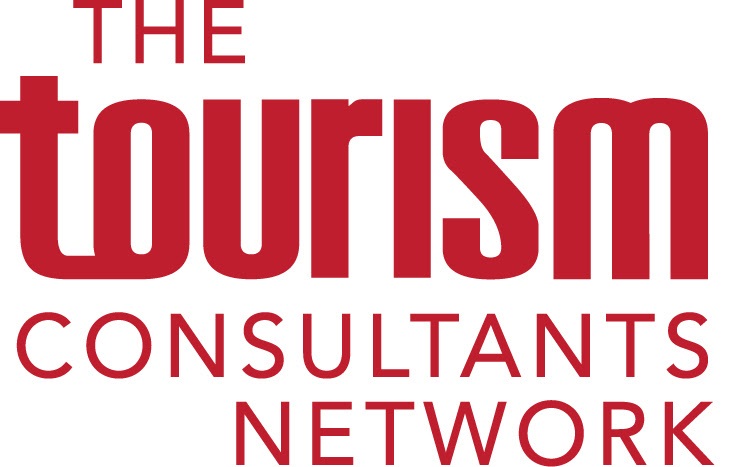Report on TCN event: Consultancy Business Opportunities: How to navigate the procurement minefield May 20th 2021
This on-line event hosted by the Tourism Consultants Network attracted a wide spread of TCN members and others with a professional interest and involvement in consultancy. The event was chaired by Pam Foden, TCN Committee Member, who welcomed the speakers and audience and thanked them for giving their time to the event. She also introduced fellow Committee Member, Richard Denman, who moderated the questions and answers.
Richard Johnson, Head of Procurement, Visit Britain gave a detailed presentation on VB’s policies and approach to procuring consultancy services, together with various pointers on responding to tenders. Currently VB spends in the order of £56m on procuring a range of services, including consultancy. Richard outlined the requirements for different levels of tender. Those over £25k are handled by his central procurement team, while tenders below this level are the responsibility of individual business areas within VB. Framework agreements are frequently used as a basis for appointing suppliers. New opportunities are published in Contracts Finder, amongst other channels.
Richard’s advice to consultants centred on the need for careful research, planning and review when making tenders. He underlined the need to read all the documentation carefully and allow sufficient time to complete the process. Keys to success include researching and understanding the client, tailoring the tender to their needs and taking full account of the evaluation criteria. Tenderers should not assume that clients will have prior knowledge of their experience and scoring will only be based on what is presented to them. When asked about the single biggest frustration with tenders, Richard pointed to a lack of focus on the specific needs of the project in question.
Roger Carter, Managing Director, TEAM Tourism Consulting spoke on the issue of procurement from the perspective of the tendering consultant. He outlined his previous experience as a tourism practitioner, which has proved critical in his subsequent work in consultancy. He recommended that new consultants should consider using their prior knowledge to develop niche specialisms. He went on to describe four of his most recent projects, using this to illustrate variations in the procurement approach of different national bodies and international agencies.
In summarising his advice to consultants, Roger focused on the decision on whether to tender for a specific project. This should be informed by a careful reading of the documentation, scrutiny of the evaluation system employed by the client (including the price/quality ratio), a realistic consideration of deliverability against the available budget, and an ability to demonstrate unique or highly relevant experience.
Questions to the speakers had partly been submitted in advance and were reflected in the presentations. Additional questions during the event covered the following topics:
- Trends in procurement – is it getting harder for consultants? Roger felt that the use of procurement systems, often designed for service delivery beyond tourism, was making life much harder for small consultancies.
- Individual consultants with particular specialisms – are there opportunities for them? Roger suggested that there is likely to be growing demand for expertise in issues such as sustainability and digital transition. Opportunities may exist for sub-contracting and working in teams with larger consultancy firms.
- The use of framework agreements – are they anti-competitive? Richard pointed out that the establishment of framework agreements is a competitive process at the outset. In order to maintain opportunities for consultancies not included in frameworks, new government policy is calling for the regular refreshing of agreements, allowing others to participate..
- Pilot projects and loss leaders – should they be pursued or avoided? Roger suggested that pilots may not always lead on to full projects. It is important to research the client’s intentions and forward plans.
- Price as a determinant in awarding contracts – what weight should it be given? Richard said that VB typically placed around 30% of the weighting on price, but this can vary according to the type of project. There is no fixed and firm rule.
In closing the event, Pam drew attention to the Tourism Consultants Network and our desire to provide further events of this kind directed at the interests of consultants. She asked attendees to let us have any ideas of topics which they would like to see covered.
If any TCN or Society members booked a ticket but missed the online event, a recording is available, plus Richard Johnson’s presentation and his full Q&A. Roger Carter has also provided answers to all his advance questions. To request any of these items, please email Pam Foden (pam@pamfoden.com)
